Fares / Access / Agency Info
Transit fares in the Seattle region vary by operator, and in some cases, by route or service. Youth ages 18 and under ride for free for all operators in the Seattle region (except for the Seattle Center Monorail when not using a Youth ORCA card). For Senior (ages 65 and over) and other reduced fares, please refer to the operators for their fare pricing. Visit myOrca.com
Bus & Ferries
- Please have the exact fare ready to pay the driver. Drivers do not carry change, but you may overpay if needed.
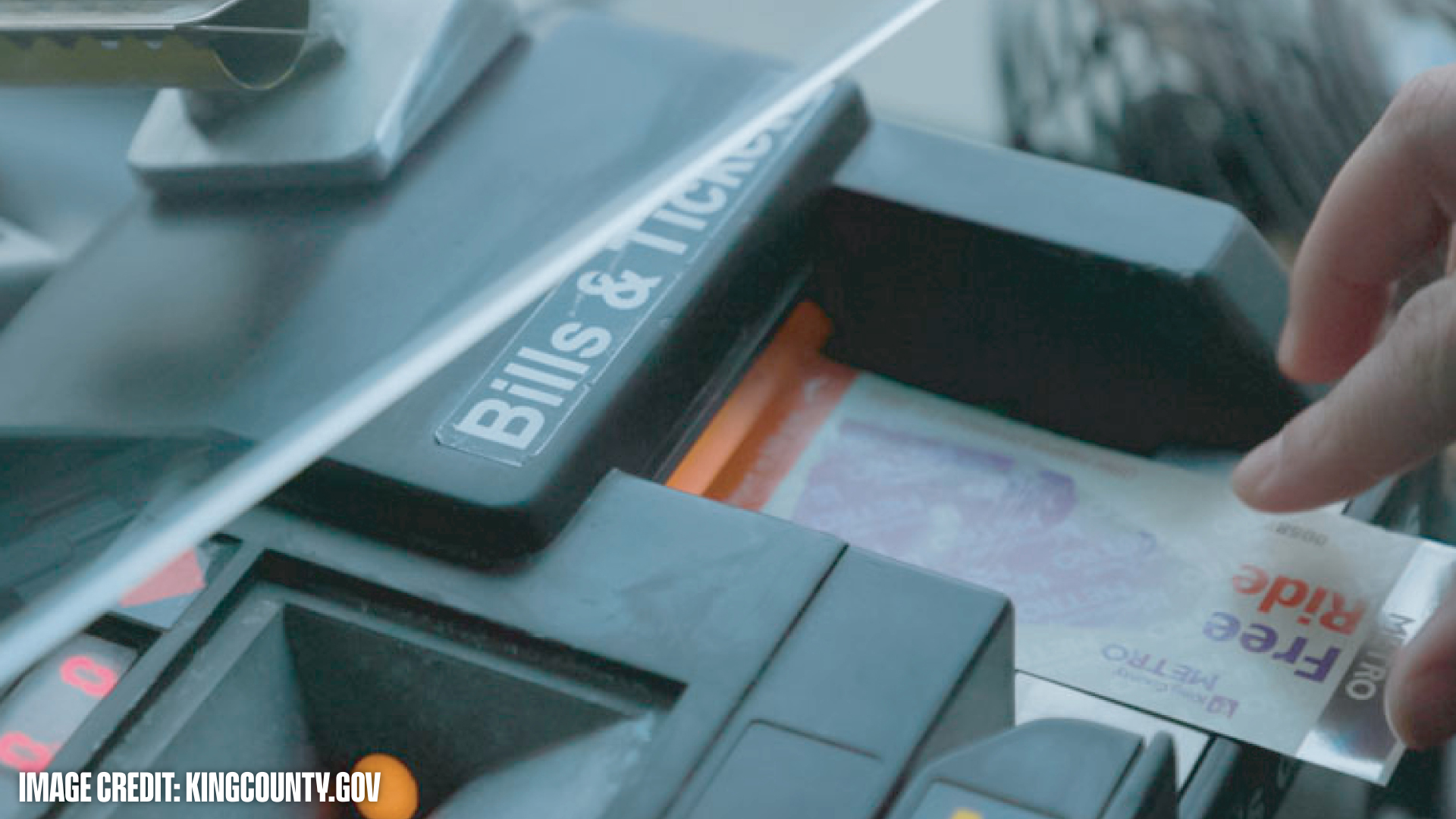
Fare Ticket
- You can buy paper tickets from ticket vending machines or ticket booths using debit/credit card or cash. Cash payment is not available for Seattle Center Monorail tickets.
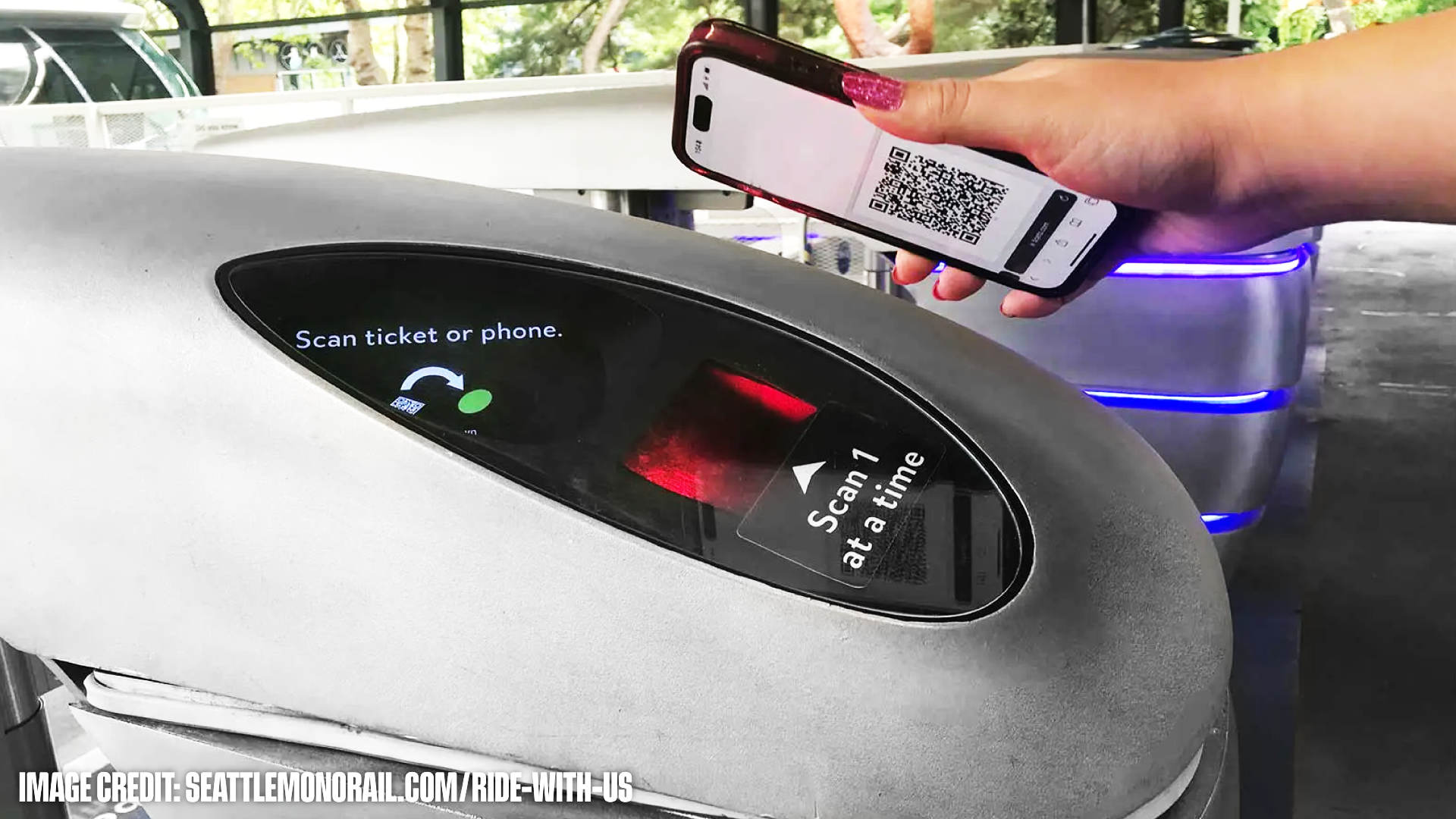
Transit GO ticket app
- Sound Transit Link light rail, Sounder regional rail, ST Express bus, King County Metro bus and water taxi, Kitsap Transit bus and fast ferry, andSeattle street car. Purchase individual tickets or day passes on the app in advance of riding. Activate tickets when boarding - tickets that are purchased but not activated are not valid for travel
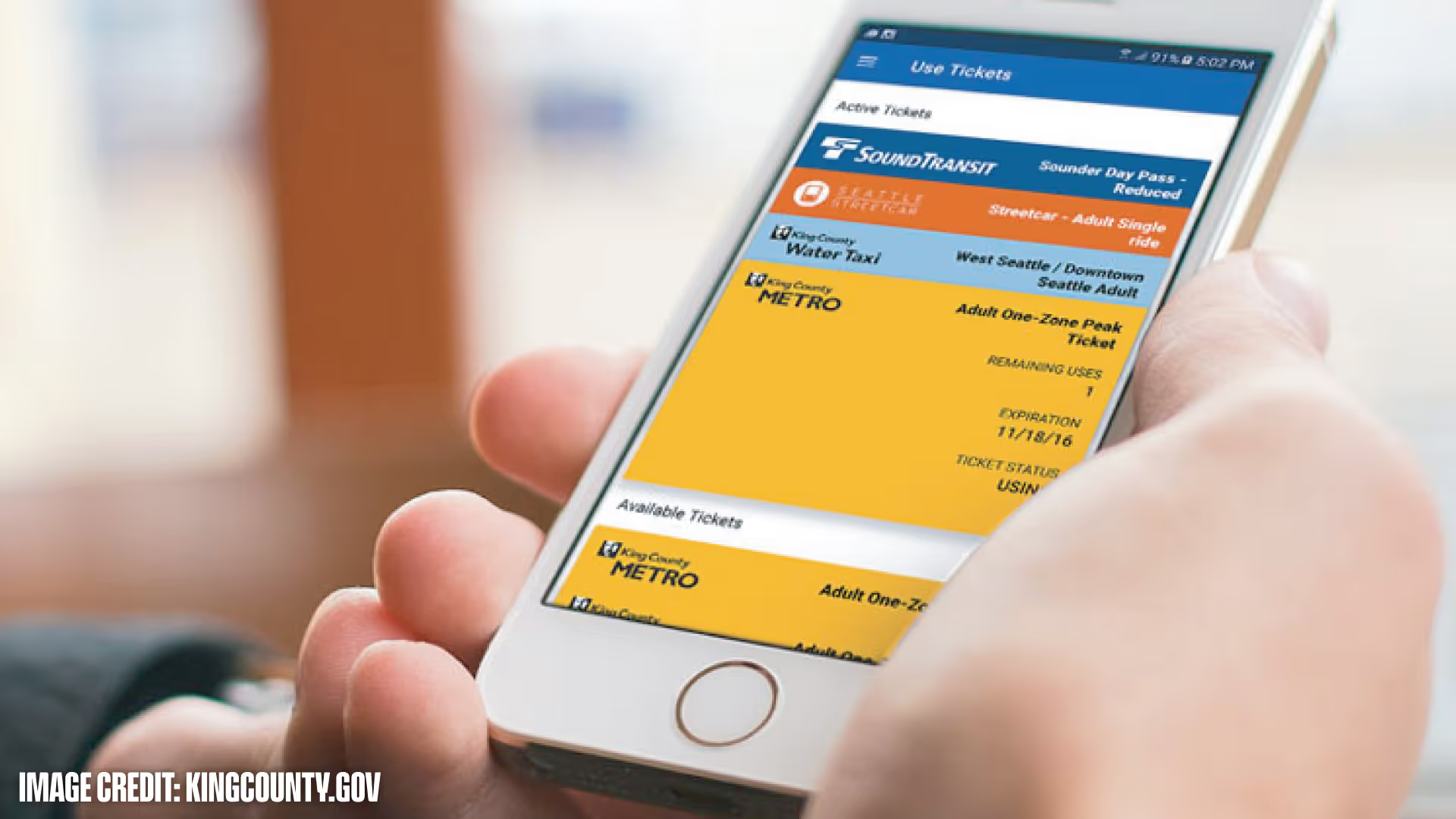
The easiest way to pay a transit fare in the Seattle region is with an ORCA card. An ORCA card is valid for all forms of transit and for all operators*. An ORCA card is the only way to pay for transfers between different services – if you transfer within 2 hours, your original fare will be credited toward the next leg of your journey. Other forms of payment do not allow transfers, so a fare must be paid for each separate leg**.
* Exception – ORCA regional day or monthly passes not valid as payment on WSF
** Exception – paper transfers are only available on Kitsap Transit upon request for riders paying with cash and transferring at transfer centers and points only for the next connecting bus or local foot ferry. Kitsap Transit paper transfers are not valid on Kitsap Transit Fast Ferries (to/from Seattle) or for transfers to/from other operators.
How to purchase an ORCA card
You can purchase ORCA cards from ticket vending machines at all Sound Transit Link light rail and Sounder regional rail stations, ferry docks at Bainbridge Island, Bremerton, and Seattle’s Pier 50, selected transit centers, and selected retail locations. Digital ORCA cards are also available through Google Wallet for Android devices, enabling tap to ride with Google Pay.
Regional Reduced Fare Permit (RRFP) Senior ORCA cards are available online to people ages 65 and older. Youth ORCA cards are available online to youth ages 6 to 18. Please allow time for ORCA card processing and shipping.
How to add value to an ORCA card
ORCA cards may be loaded with cash value as an “E-purse” for use on all forms of transit in the Seattle region. Daily or monthly passes can also be purchased to be loaded onto an ORCA card. Adding value can be done online at myORCA.com, through the myORCA app, with debit/credit cards or cash at ticket vending machines, or with debit/credit cards through Google Wallet. For a complete list of all payment methods for adding value to an ORCA card, please see: ORCA – How to load.
How to use an ORCA card
Simply tap your ORCA card or device with a digital ORCA card to the yellow card reader when entering a paid fare area of a station, or when boarding a vehicle. When transferring, please tap your ORCA card when entering the next station or boarding the next vehicle.
Tapping off is only required when alighting for riders on Sound Transit Sounder regional rail. All other forms of transit only require one tap when starting each leg of the journey.
For more information on ORCA card, please see: ORCA.
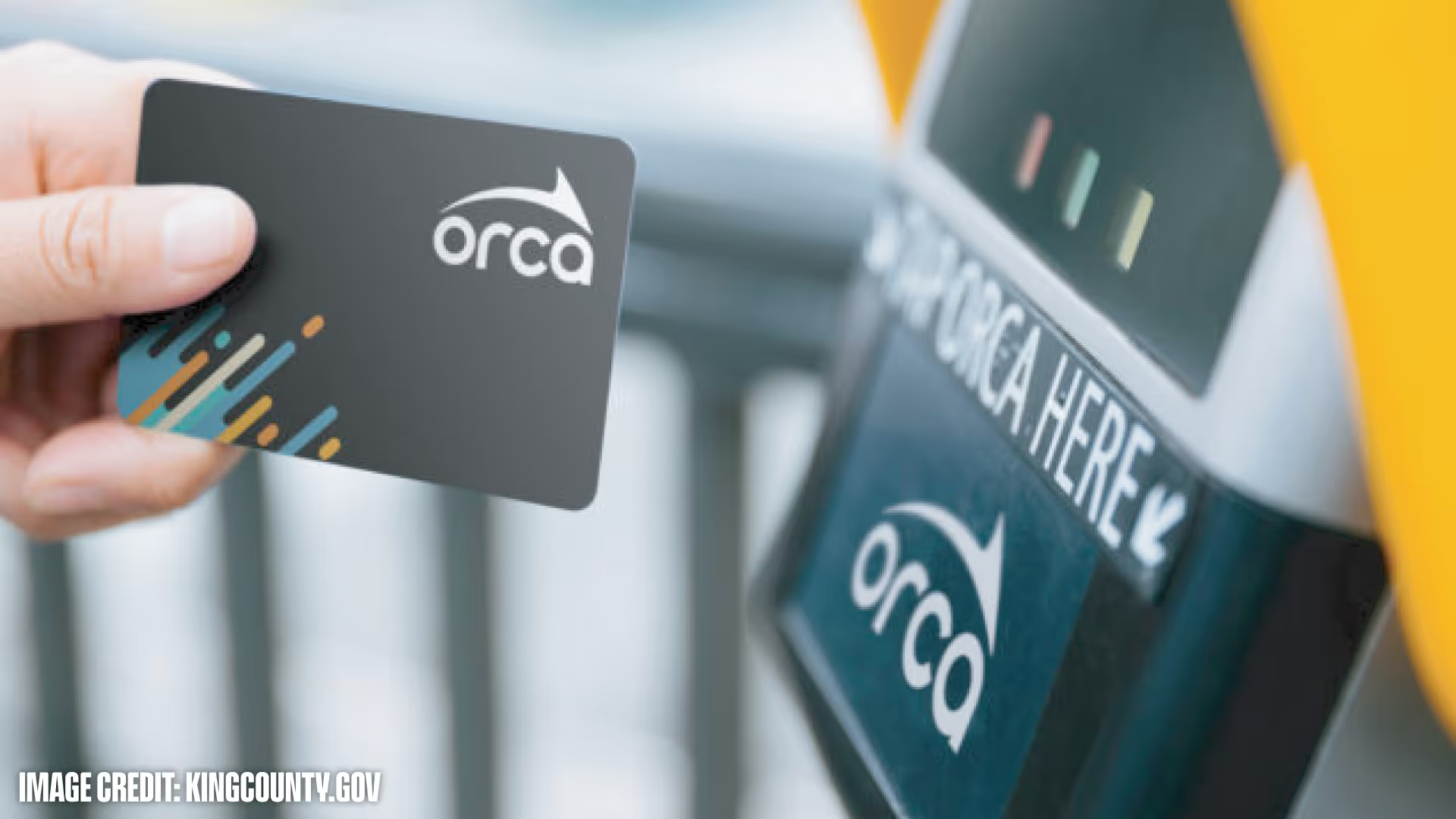
AccessMap is a personalized, accessible trip planning tool for all. The website provides customized directions for pedestrians and wheelchair users looking to avoid hills, construction sites, and other accessibility barriers.
AccessMap provides accessible trip planning in the cities of: Seattle, Everett, Lynnwood, Edmonds, Renton, Bellevue, and Kirkland.
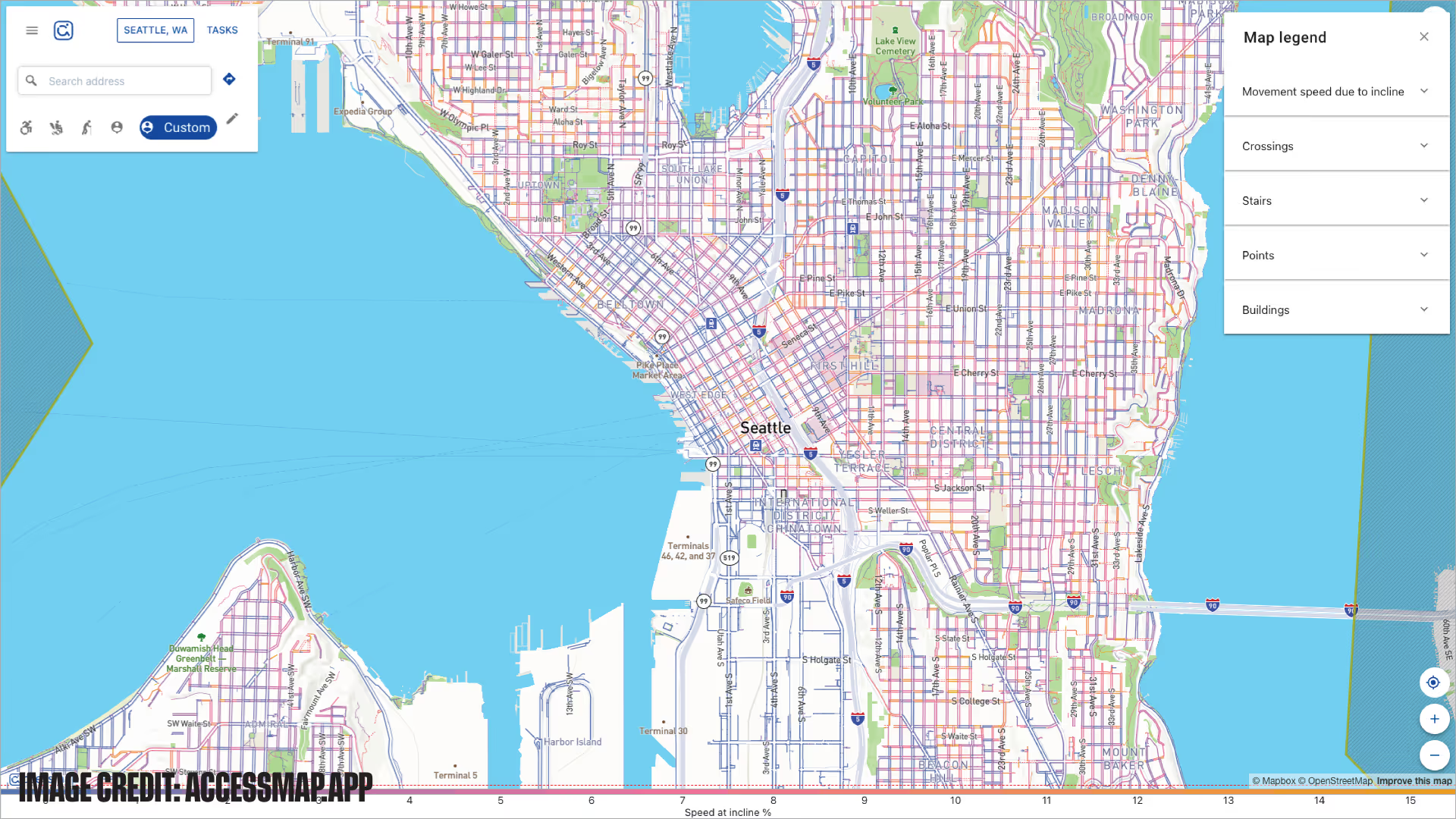
SeaTac Airport is fully accessible. For visitors who require special assistance transferring between the terminal and Link light rail, a free shuttle service operates continuously between 5 a.m. and 12 a.m. near the entrance to the skybridge to the main terminal.
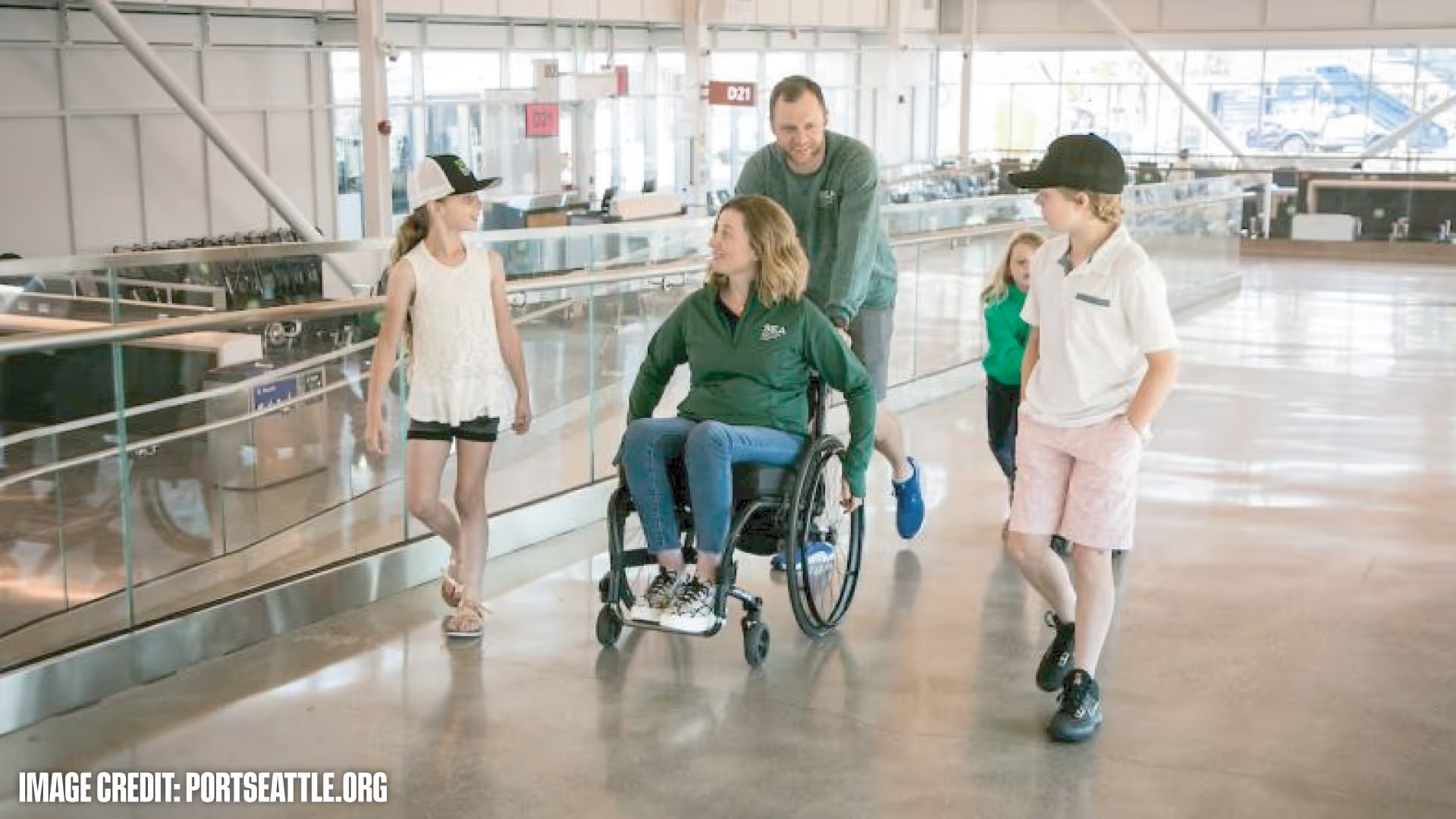
Every transit agency in the Seattle region operates all stations, stops, and vehicles on all regular fixed-route transit that are wheelchair accessible. Stops and stations have ramps and elevators where needed. Vehicles have priority seating areas and are either zero-step entry or have ramps or lifts for boarding. Transit staff and operators are trained to assist riders with mobility needs.
For riders with disabilities who are unable to use regular fixed-route transit, regional transit agencies offer specialized door-to-door paratransit service. For more information about paratransit service offered by each transit agency, please see:
- King County Metro: Access Transportation
- Community Transit: DART Paratransit
- Pierce Transit: SHUTTLE
- Kitsap Transit: ACCESS
- Everett Transit: Everett Para Transit
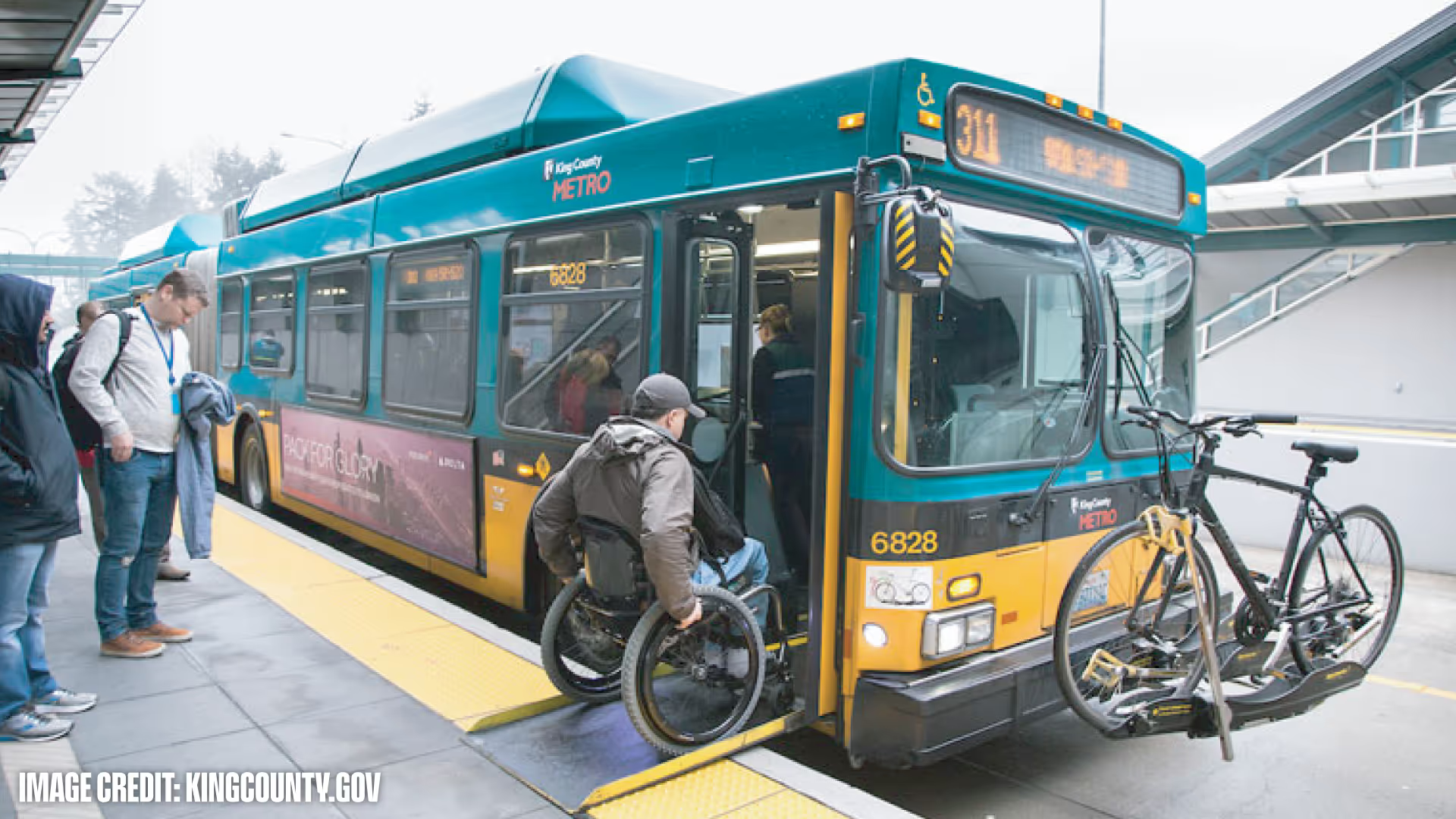
Wheel the World is a website that makes travel accessible. Users may book hotels, explore activities, and explore restaurants with verified accessibility details. Wheel the World also provides Seattle-specific accessibility information and recommendations.

Shared bicycle and scooter services (also called micromobility) operate within the Seattle region. Micromobility options are available for short, single-trip rental through two operators: Bird and Lime. Use each operator’s app to activate shared electric bicycles or scooters.
For more information about bicycle and scooter share in Seattle, please see: How to Use Scooter Share and Bike Share | Seattle.
When riding shared bicycles and scooters in Seattle, ride in bicycle lanes or multi-use paved trails wherever possible. For a map of Seattle’s bicycle lanes and shared multi-use trails, please see: Bike Web Map | Seattle.
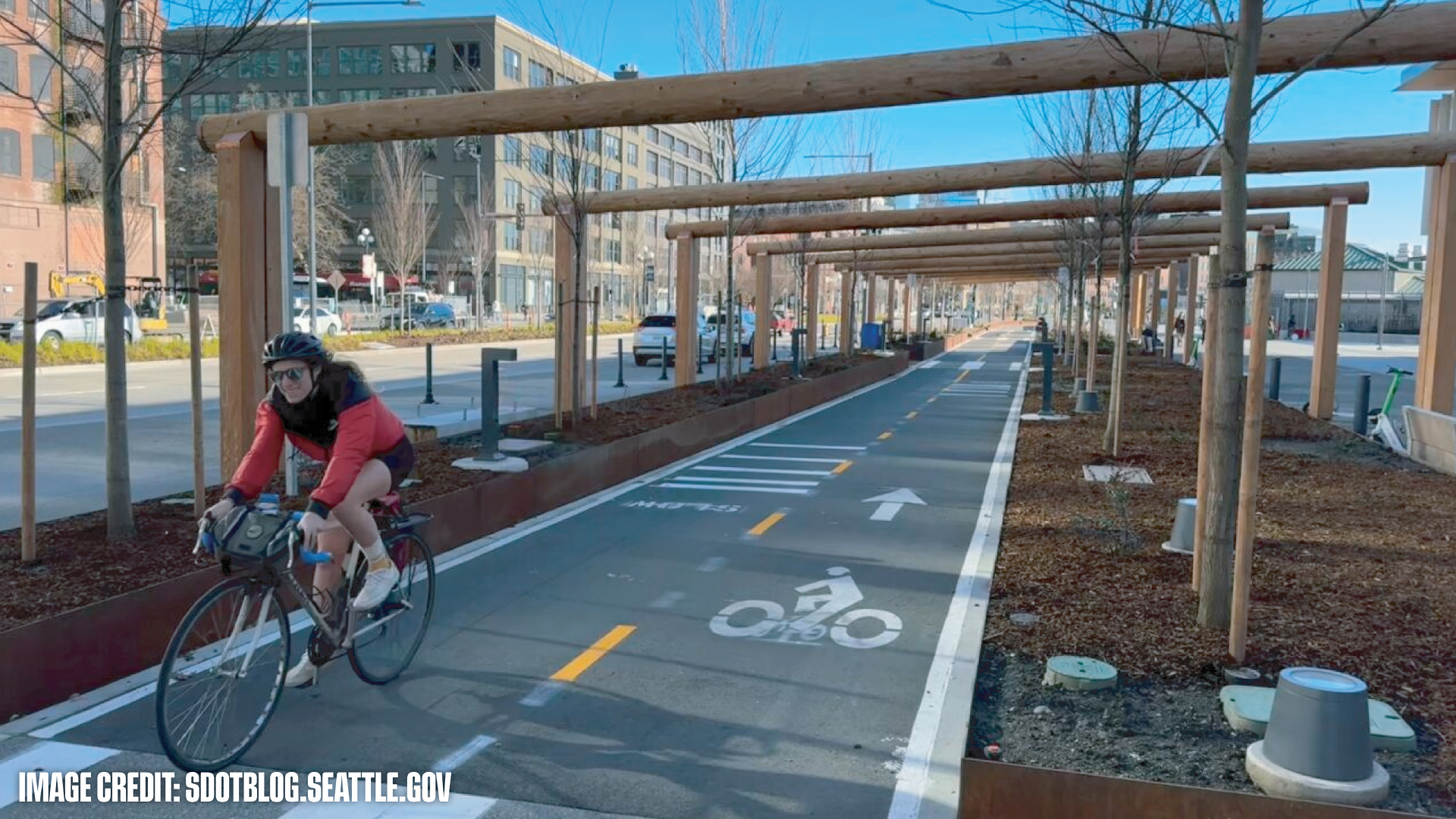
There are several transit agencies that operate in the Seattle region. Here are the modes of transportation and accommodation zones served by each agency in the region.

Sound Transit operates a regional transit service across King, Snohomish, and Pierce Counties.
Link Light Rail
- Seattle, Lynnwood, Bellevue/Redmond, SeaTac/Tukwila, Federal Way
- Tacoma (T Line not connected to 1 and 2 Lines)
Sounder Trains
- Seattle, Everett, SeaTac/Tukwila, Tacoma
ST Express Bus
- Seattle, Everett, Lynnwood, Bellevue/Redmond, SeaTac/Tukwila/Renton, Federal Way, Tacoma

King County Metro operates local transit service across King County.
Bus
- Seattle, Bellevue/Redmond, SeaTac/Tukwila/Renton
Water Taxi
- Seattle

Community Transit operates local transit service across Snohomish County, which is north of Seattle.
Bus
- Everett, Lynnwood

Pierce Transit operates local transit service across Pierce County, which is south of Seattle.
Bus
- Federal Way, Tacoma

Kitsap Transit operates local transit service across Kitsap County, which is west of Seattle across the Puget Sound.

Washington State Ferries operates passenger and vehicle ferry service in Washington State.
Passenger and Vehicle Ferry
- Seattle, Bainbridge Island/Bremerton


City of Seattle operates two streetcar lines that serve neighborhoods adjacent to central Seattle.
Streetcar
- Seattle (First Hill Streetcar, South Lake Union Streetcar)

Seattle Center Monorail operates a monorail service between Seattle Center and Westlake Station.
Monorail
- Seattle (between Seattle Center and Westlake Station)
The City of Seattle and Washington State have plenty to offer outside of Match Days. For more information about local and regional tourism opportunities, including things to do, places to go, food and drink, and local events, please see: Visit Seattle and Washington State Tourism.
The Visit Seattle website is also available in multiple languages: Official Seattle Guides for International Travelers.
Seattle Accessibility
AccessMap
Personalized, accessible trip planning for all. AccessMap provides customized directions for Seattle pedestrians and wheelchair users looking to avoid hills, construction sites, and other accessibility barriers.
Access Transportation
A specialized, door-to-door paratransit service for people with disabilities who are unable to use regular fixed-route transit. Access helps customers ride to many local destinations within the King County Metro service area.
Wheel the world
Wheel the World has partnered with Seattle to map out accessible journeys verified by our experts, to make your game day experience one of ease. Book hotels and find experiences with all the accessibility details you need.




.png)
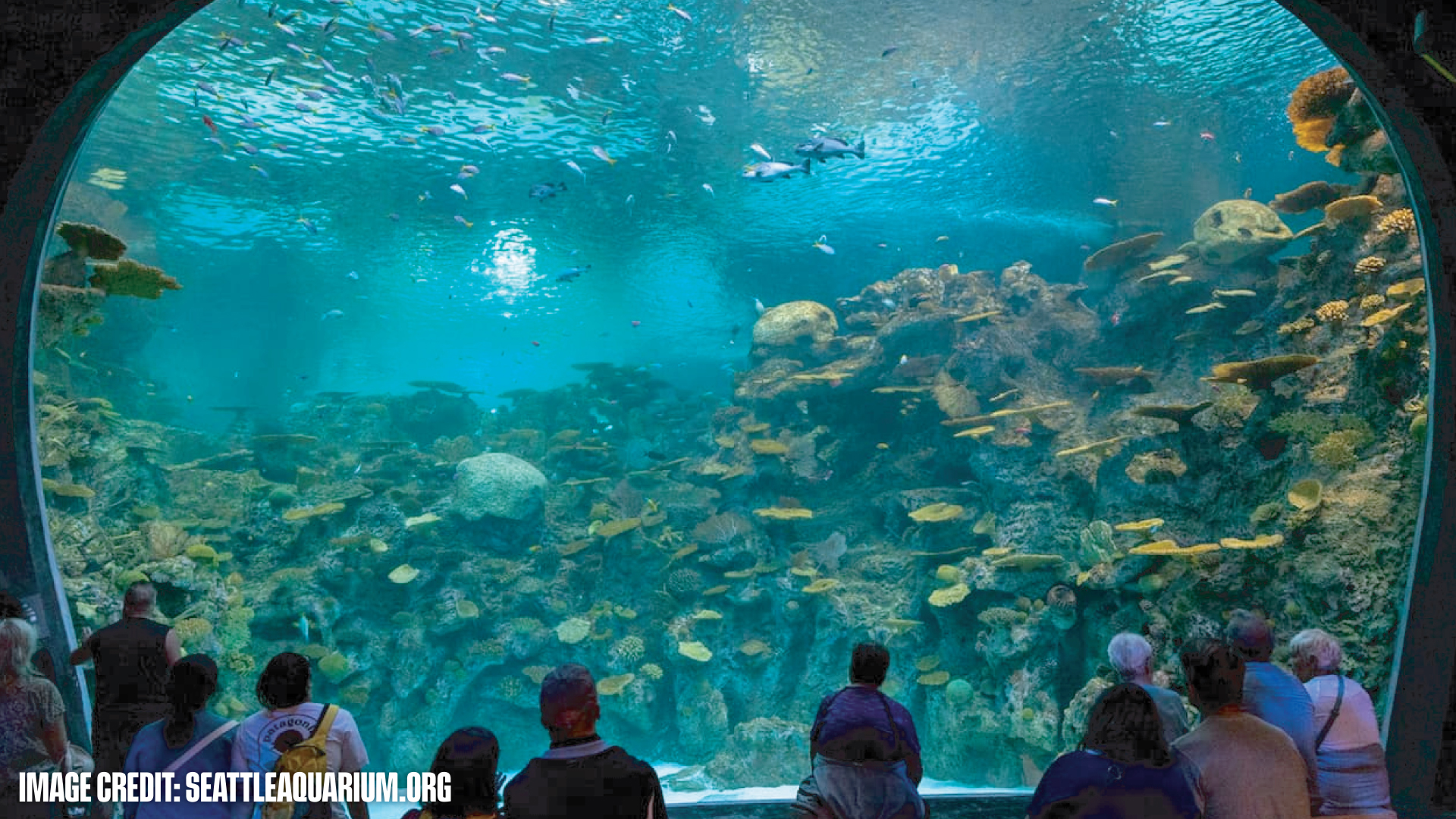
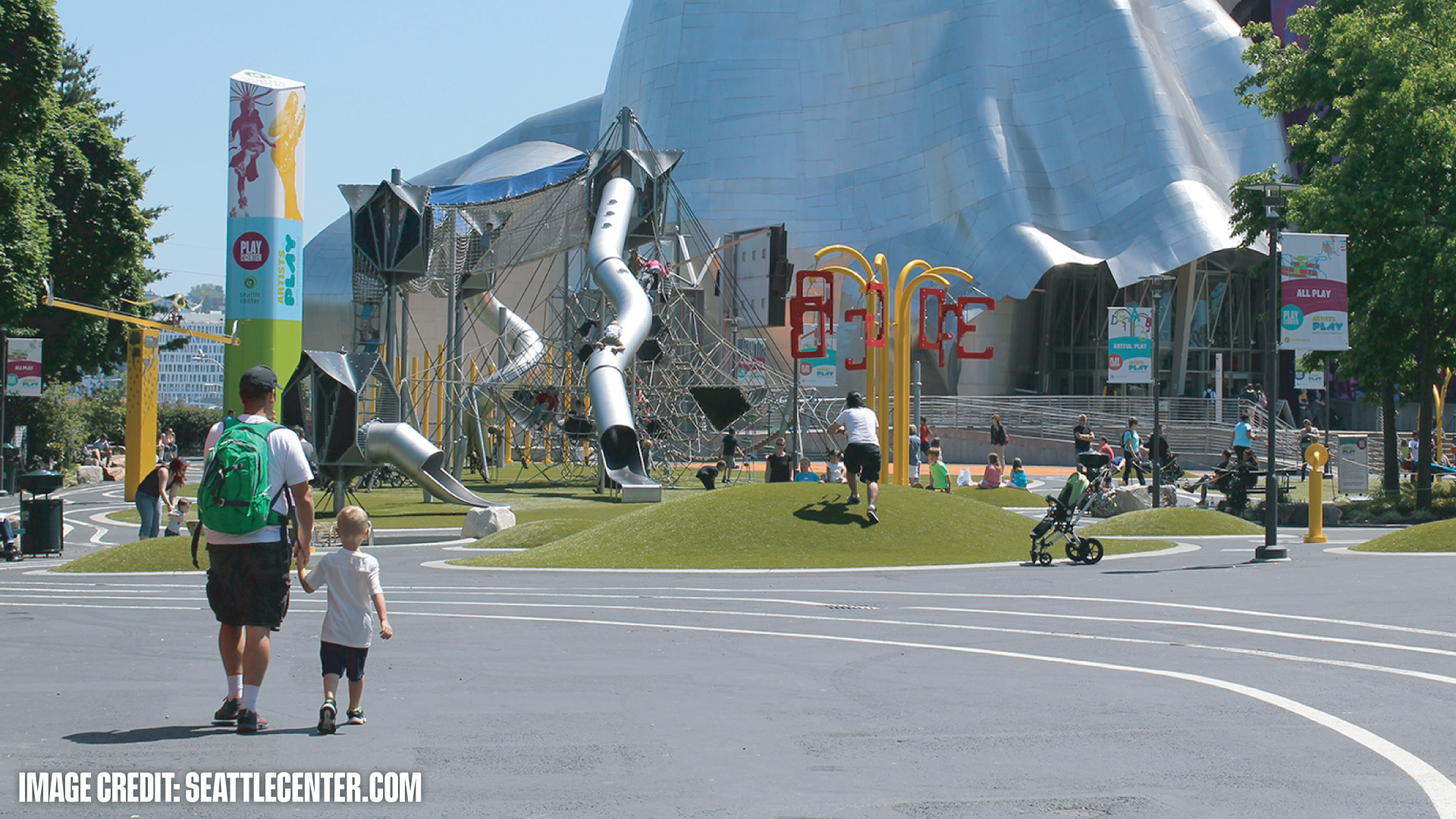
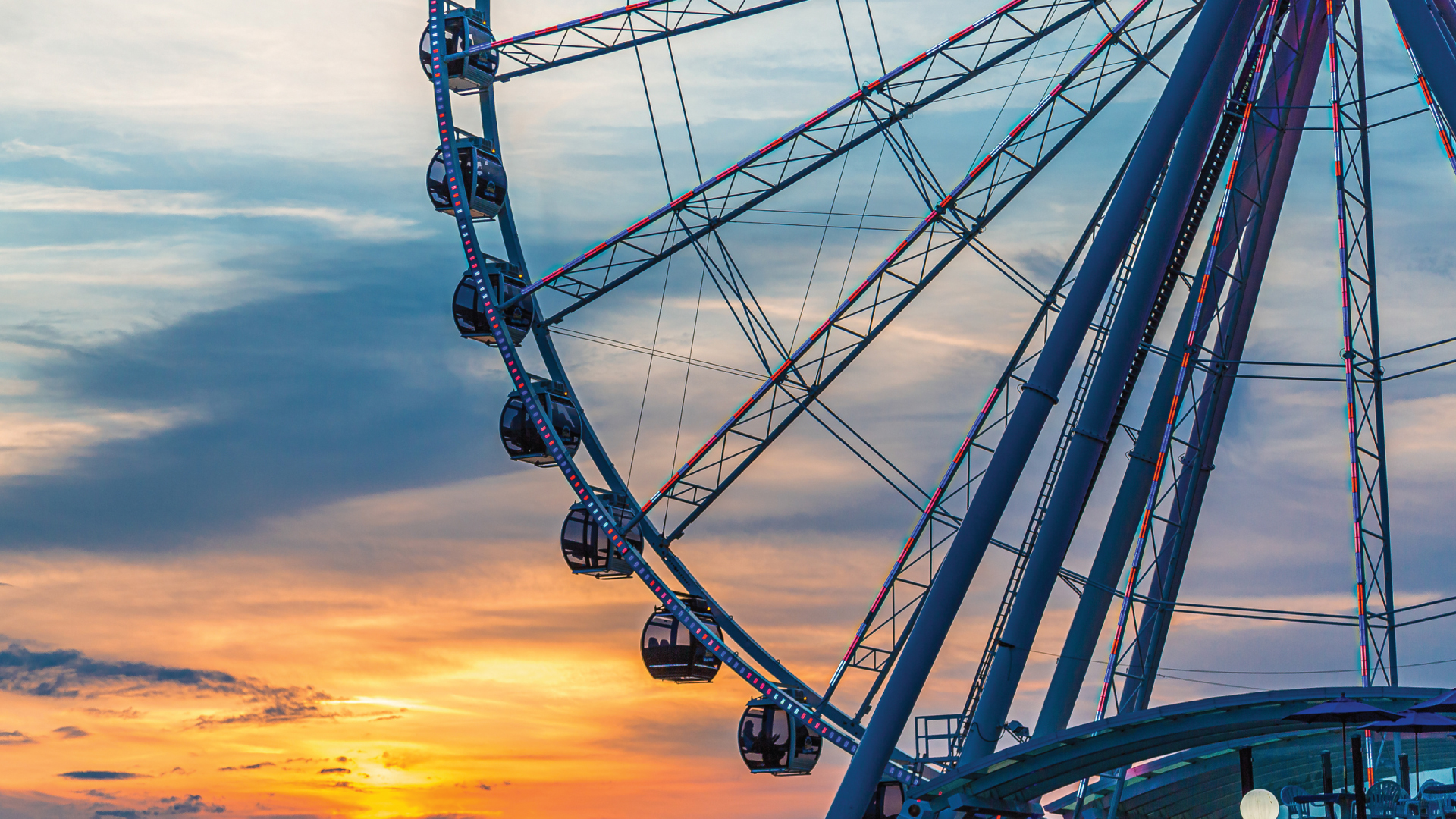
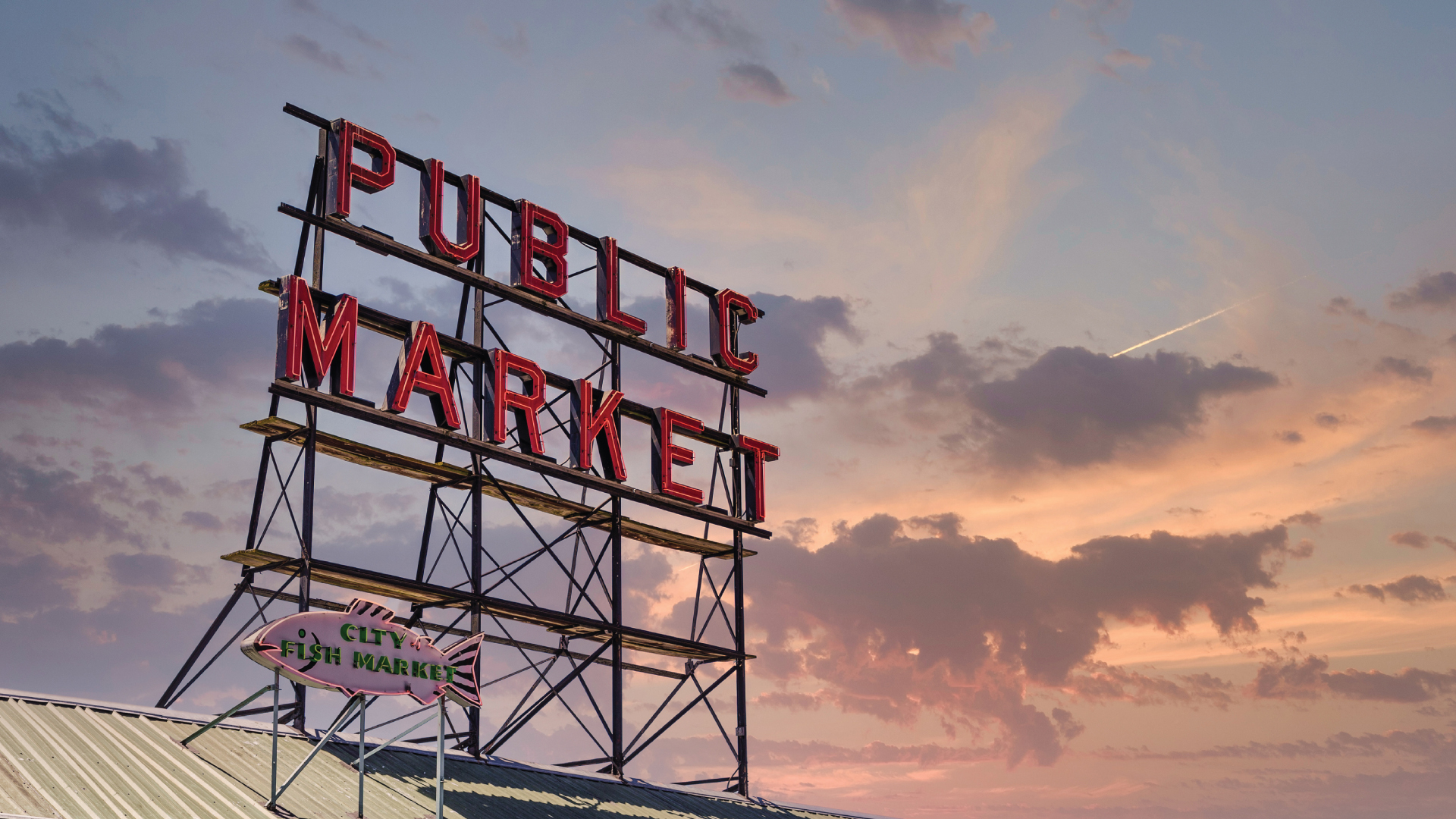
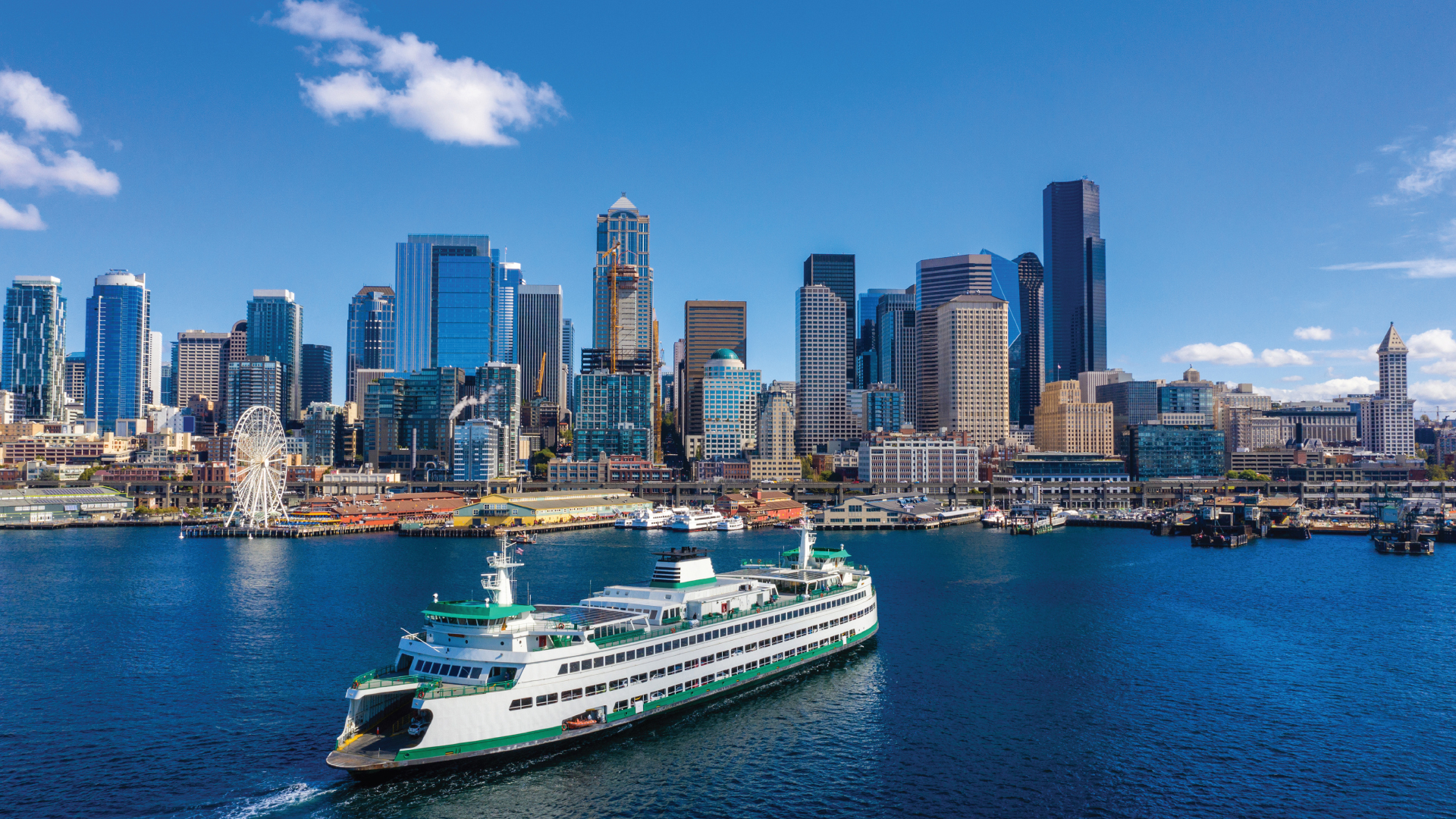
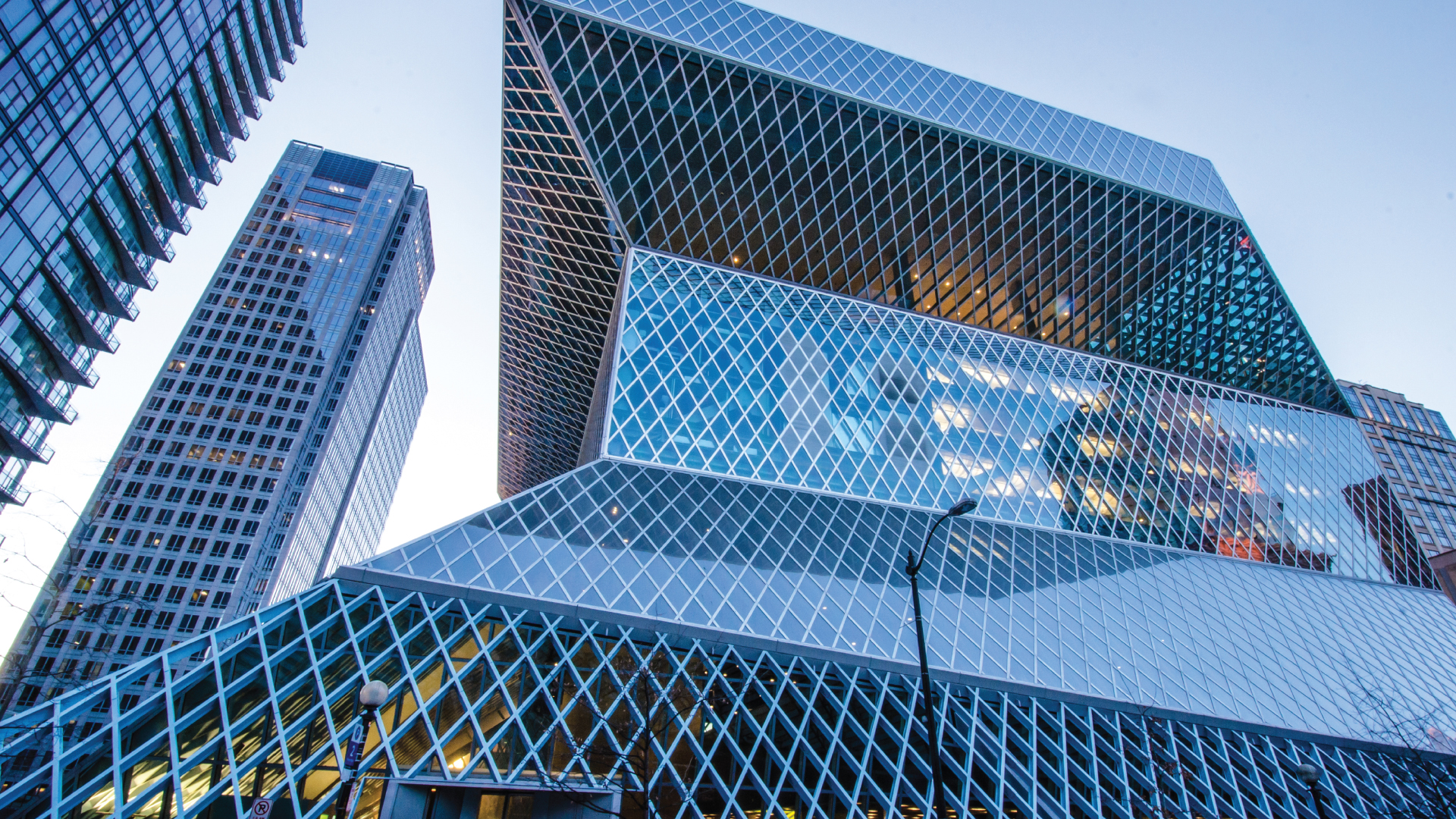
.avif)
